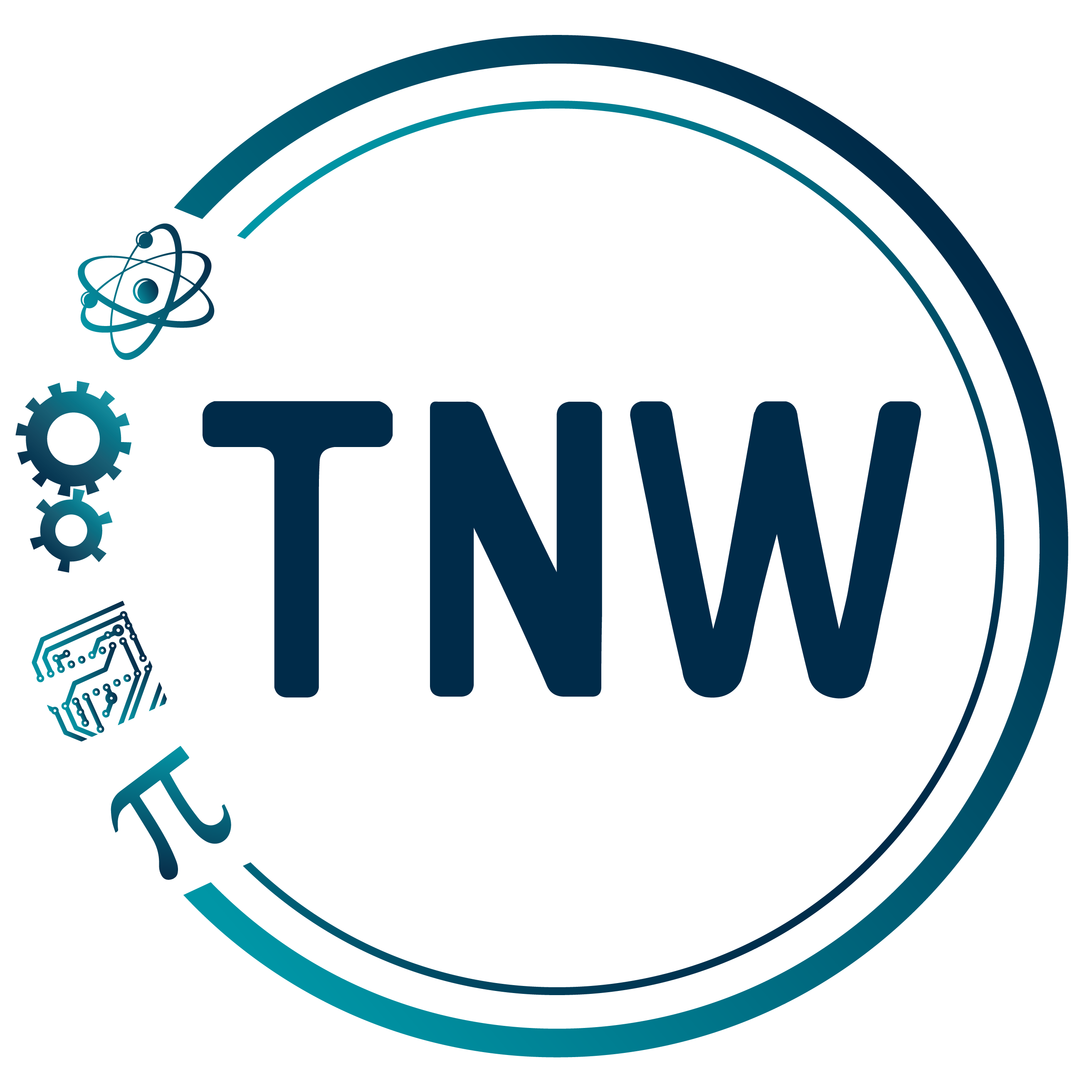Skip to content
Show submenu for K-12 Virtual STEAM Academy
Show submenu for Departments and Student Programs
Departments and Student Programs
Show submenu for Parent and Student Resources
Parent and Student Resources
Show submenu for Course Options
General Program Information and Forms
Staff Directory
Show submenu for
